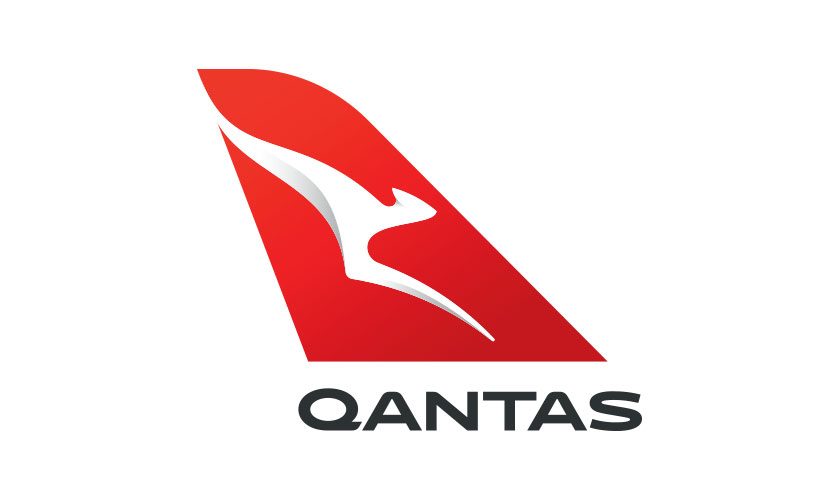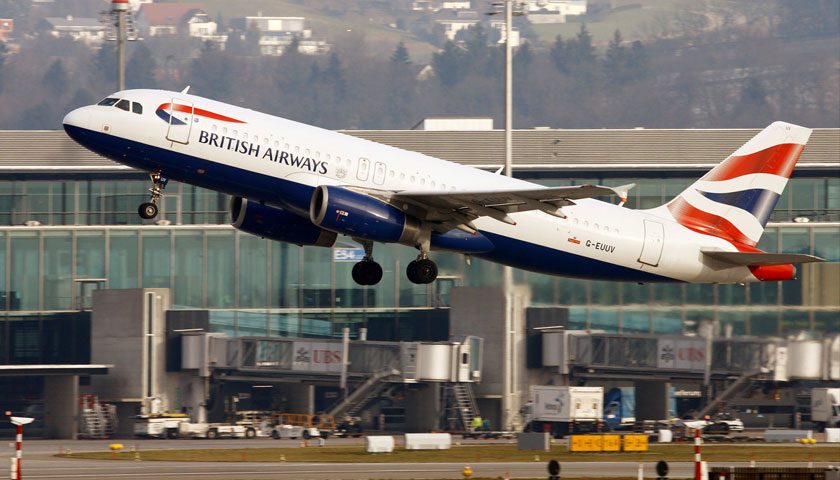Airbus is investing in LanzaJet, a leading sustainable fuels technology company and producer, in line with its ambition to act as a catalyst for the global development of sustainable aviation fuels (SAF). This investment will support the development of the Alcohol-to-Jet (ATJ) pathway, an important step required to produce SAF at scale by enabling LanzaJet to further expand its capability and capacity to scale its proprietary Ethanol to Sustainable Aviation Fuel (SAF) process technology. “Sustainable aviation fuels are one of the most important levers available to decarbonise aviation, but their…
Read MoreTag: LanzaJet
Queensland biofuel refinery to turn agricultural by-products into sustainable aviation fuel
The Qantas Group, Airbus and the Queensland Government are teaming up to invest in a Queensland biofuel production facility being developed by Jet Zero Australia in partnership with leading sustainable aviation fuel technology company LanzaJet. The facility will turn agricultural by-products, including from sugarcane, into jet fuel and is the first project funded under the Qantas and Airbus Australian Sustainable Aviation Fuel Partnership. The Qantas Group and Airbus will jointly invest AUD$2 million (US$1.34 million) of an initial AUD$6 million (US$4 million) capital raising, with the Queensland Government contributing AUD$760,000…
Read MoreBritish Airways, Lanzajet And Nova Pangaea Technologies Move One Step Closer To Large-Scale Production Of Sustainable Aviation Fuel In The UK
British Airways, LanzaJet and Nova Pangaea Technologies have signed an agreement that will accelerate their ground-breaking Project Speedbird initiative to develop cost-effective sustainable aviation fuel (SAF) for commercial use in the UK. As part of the agreement, British Airways’ parent company IAG, is investing in the project to support the next phase of development work that will help decarbonise the aviation industry. Project Speedbird was initially launched by the three companies in 2021 and was granted nearly £500,000 by the Department for Transport’s (DfT) Green Fuels, Green Skies competition to fund an…
Read MoreLanzaJet and Marquis Sustainable Aviation Fuel (SAF) partner to build an integrated Sustainable Fuels Plant in Illinois
LanzaJet, a sustainable aviation fuel technology provider and producer, has entered into a memorandum of understanding (MOU) with Marquis Sustainable Aviation Fuel (Marquis SAF) to construct a 120 million gallons per year integrated sustainable fuels plant in the U.S. using low-carbon intensity (CI) feedstocks to produce sustainable aviation fuel (SAF) and renewable diesel via the LanzaJet™ Alcohol-to-Jet process. The plant will employ on-site carbon capture and sequestration and renewable energy to produce SAF, resulting in a lifecycle greenhouse gas reduction of more than 70% compared to conventional jet fuel. This first-of-a-kind…
Read More


